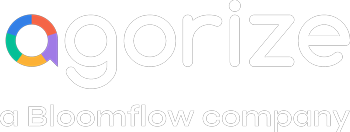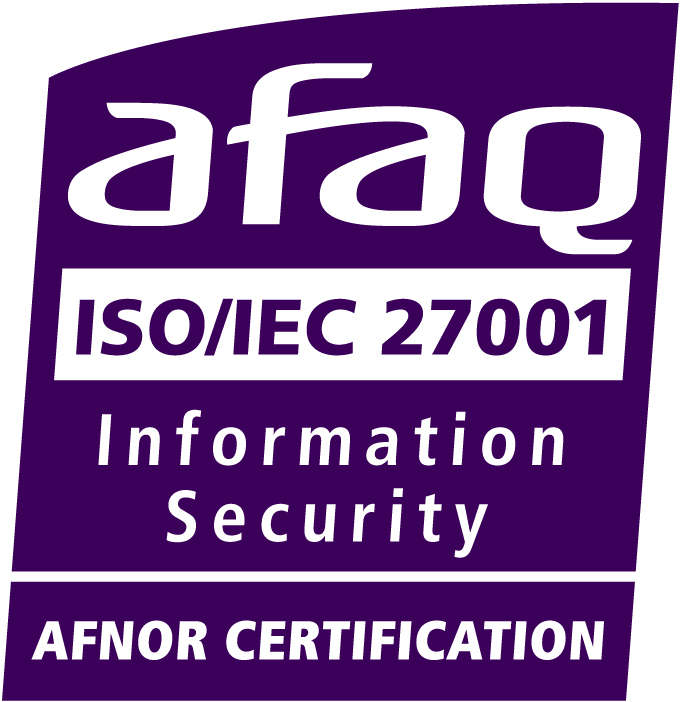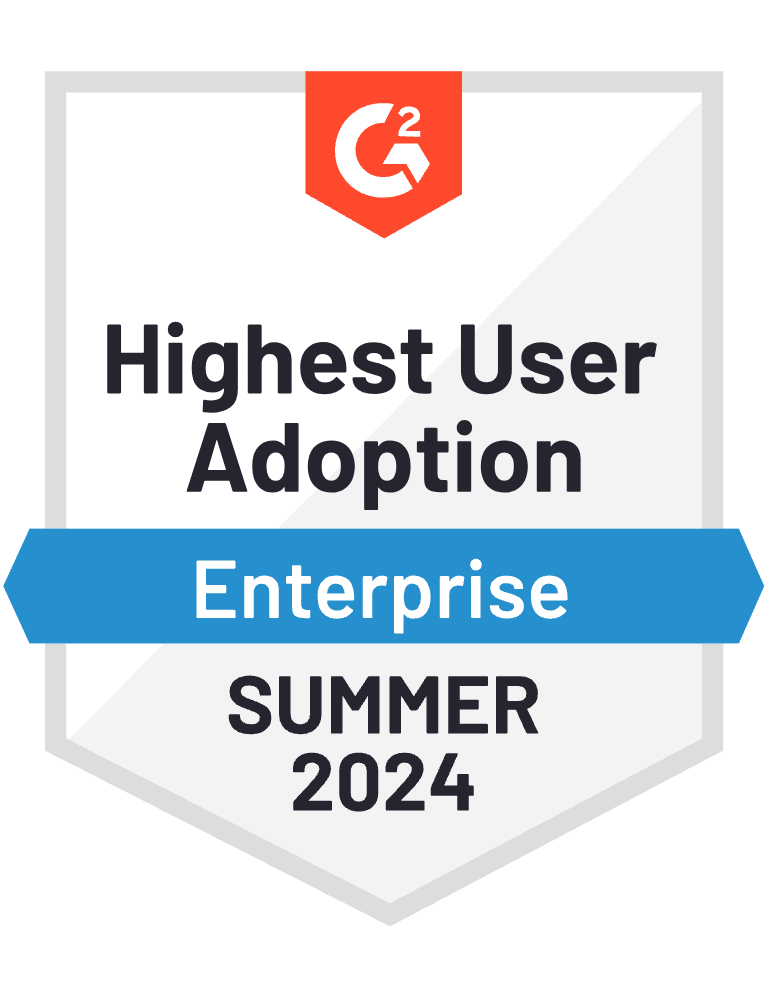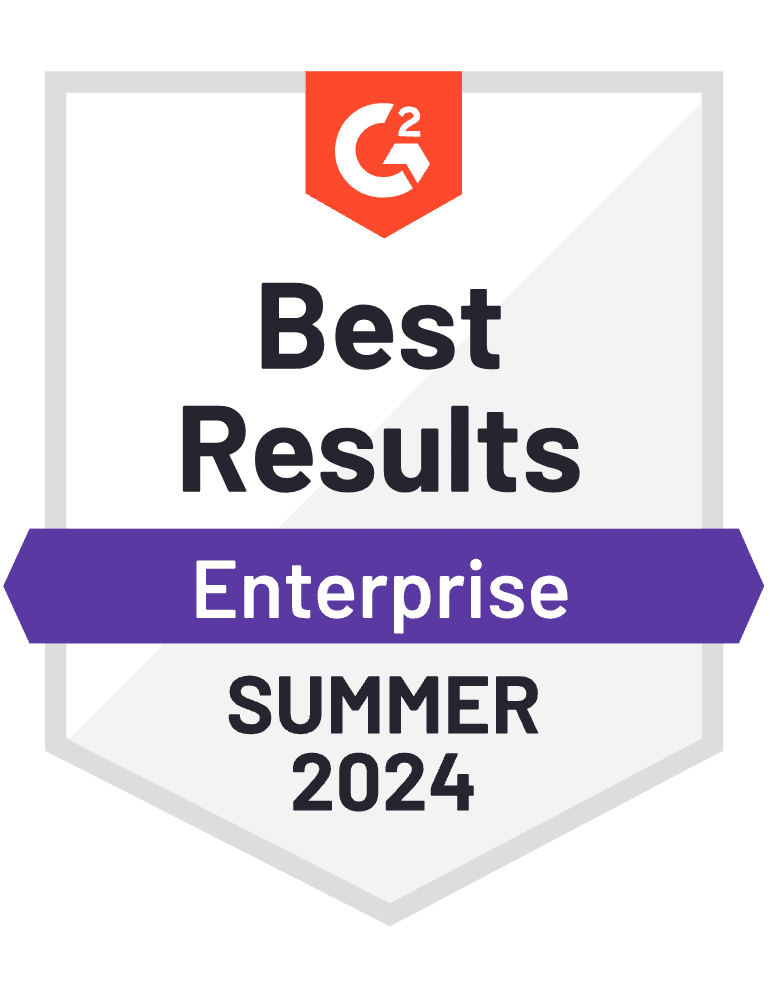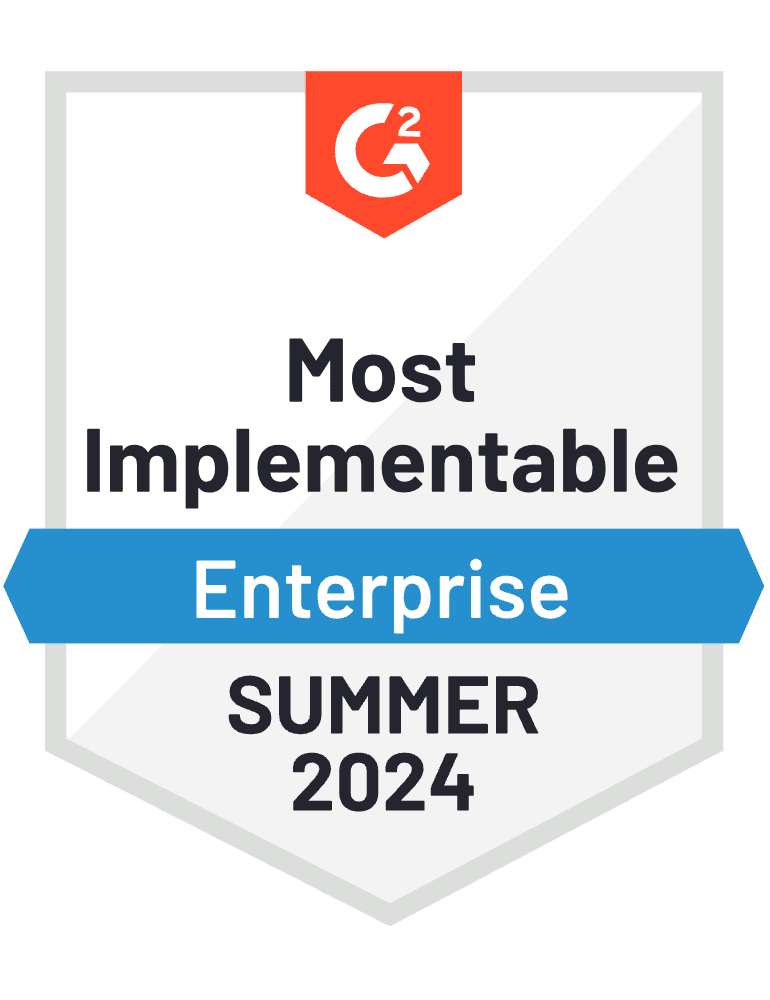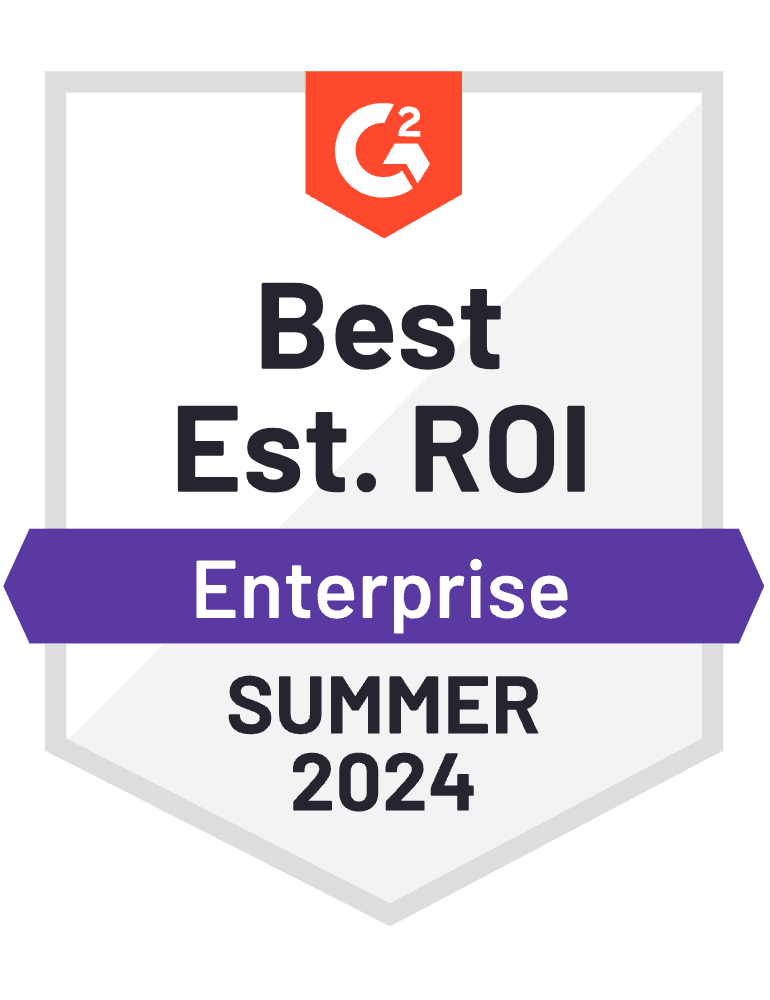Groupe Maisons de Famille, a leading provider of care and services for the elderly with nearly 170 homes across Europe, recently launched an ambitious internal innovation program called the “I Have an Idea” campaign. This program aims to engage its employees in a collaborative approach while centering their expertise and experience in the innovation process. Following an initial pilot phase in France, the results are promising, with tangible outcomes and valuable lessons for the future.
A few months after the program launch, Caroline Renou, Head of Partnerships at Agorize had a conversation with Groupe Maisons de Famille‘s Rodolphe Charme di Carlo, Director of Strategy, Development & Innovation, who shared some initial feedback.
What were the main goals of the “I Have an Idea” campaign?
Rodolphe Charme di Carlo: Our ambition was twofold.
Firstly, we aimed to identify innovative solutions that meet the concrete needs of our staff, residents, and their families. Quality is at the core of our DNA. In this business of human relations, who better than our teams on the ground to identify priorities? For us, innovation is never static. It embodies the principle of continuous improvement: striving to be better every day to maintain our value proposition focused on quality for our residents and their families, as well as for our staff. This means staying attuned to needs, responding quickly, and anticipating expectations.
Secondly, we wanted to enhance employee engagement by giving employes a voice and actively involving them in improving their work environment, making them full participants in change that is “for them and by them.”
“This campaign reflects a strong belief: Innovation originates in the work field. Our employees, who are closest to the realities of our profession, are in the best position to identify opportunities for improvement.”
What were the initial results of the campaign?
Rodolphe Charme di Carlo: We were very pleased with the outcomes of this first edition. Sixty ideas were submitted in this pilot phase in France. Many of the submitted ideas aimed to improve efficiency in administrative tasks, allowing caregivers to focus more on their primary missions: caregiving and human support. These are the missions that inspire them and the reasons they chose this profession; thus, it is crucial to do everything possible to allow them to focus on these areas to thrive.
“Among them, five ideas were selected for implementation. Each idea represents a relevant response to well-identified challenges.”
One idea that is particularly close to my heart is the pairing of homes from different countries. This simple-to-implement project fosters the creation of connections, not only among employees but also among residents. The possibilities are numerous: organizing video calls between residents, exchanging ideas between teams, common entertainment activities, or even study trips—for example, for coordinating nurses—to familiarize themselves with best practices in other countries.
Another significant project is the idea of an exoskeleton to improve working conditions for staff. These devices, designed to reduce musculoskeletal disorders, are particularly suited to the repetitive and physical aspects of the job. A budget will be allocated to test this project. We will assess its impact on team health and return on investment before broader implementation.
How did you mobilize your teams to ensure the success of the initiative?
Rodolphe Charme di Carlo: The key was combining human proximity and simplicity. We co-designed the program with employees, testing each stage with future users to ensure it was accessible and engaging before launching the initiative.
We also relied on internal champions. These were volunteer employees who, within each care home, acted as ambassadors. They energized participation by raising awareness among colleagues. Lastly, we emphasized that all suggestions, even the most modest, could have a positive impact.
What lessons have you learned from this experience?
Rodolphe Charme di Carlo: We’ve confirmed the obvious—it’s essential to value our teams and trust them, and learned that it’s equally important to free their speech by creating and structuring a space for it.
Many innovative ideas remain untapped because employees self-censor, mistakenly thinking their proposals are not “up to par.” Creating a supportive space where everyone can freely express themselves is crucial.
Another key lesson is the importance of managerial commitment. Ideas must find resonance and means to be executed. The employees have done their part by sharing their ideas. Now it’s up to the management team to step up, by funding the projects and ensuring their implementation.
Any final thoughts?
Rodolphe Charme di Carlo: This campaign marks an important step towards a shared culture of innovation, where everyone can be an agent of change. We look forward to seeing these initial ideas materialize and to deploying this initiative in other countries where the group is present, starting with Spain in January 2025.
We also count on our care homes to adopt some of the excellent ideas that, although not unanimously voted for, were excellent within their establishments. Counting on a successful Proof of Concept to then spread to other homes.
Our structure is based on a model where each home is extremely autonomous. We firmly believe that the best decisions are made closest to the field, a principle dear to AFM. This allows us to be agile, which has been and will continue to be important in complex contexts like that of Covid.
“As we like to say, innovation is always best when it comes from the field.”
A big thank you to Rodolphe Charme di Carlo for sharing his insights.




